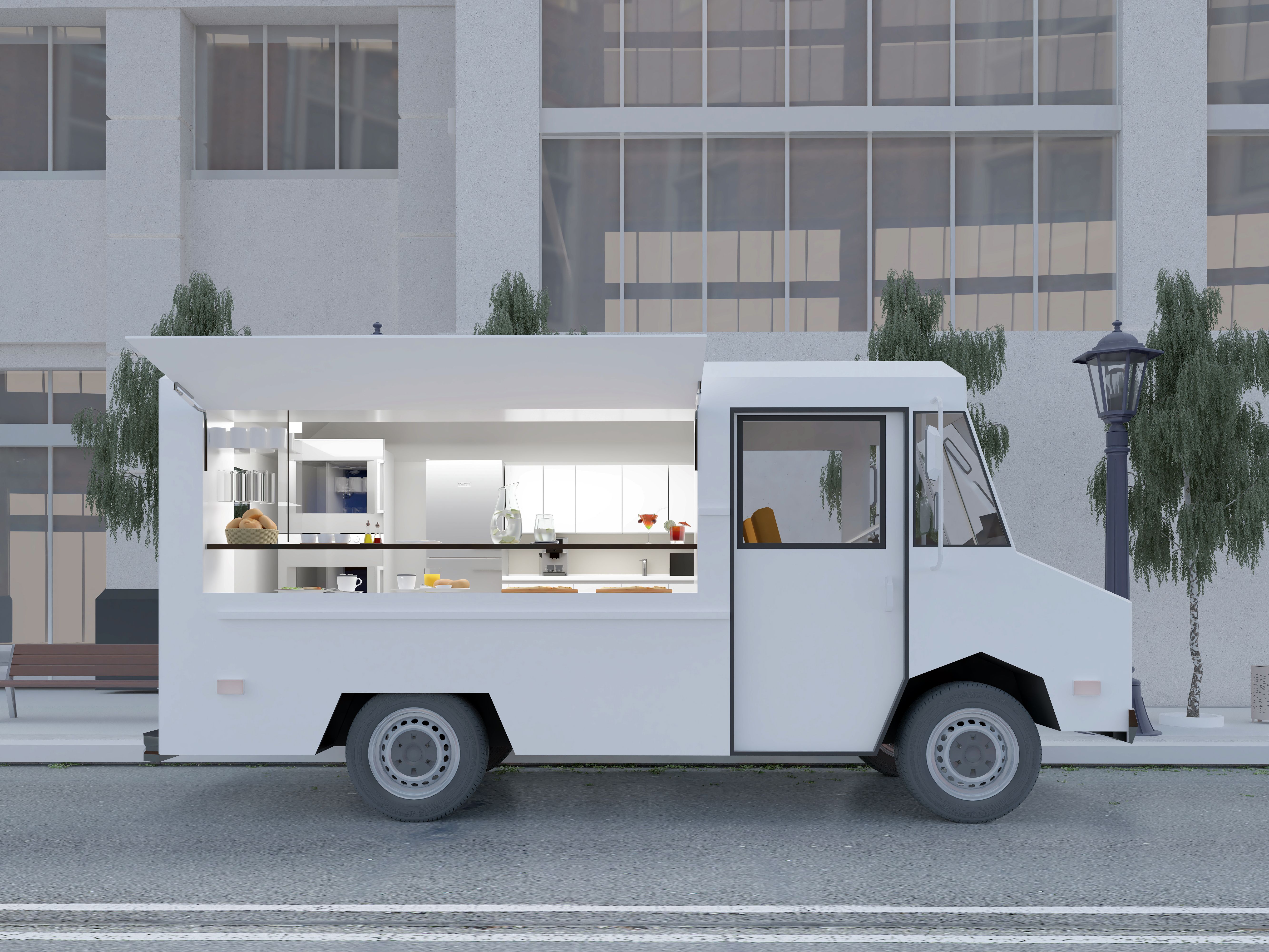Kitchen Trailer vs. Food Truck: Choosing the Right Option for Your Business
Understanding the Basics
In recent years, mobile food businesses have gained tremendous popularity as aspiring entrepreneurs explore innovative ways to serve delicious meals on the go. Among the most common options for starting a mobile food venture are kitchen trailers and food trucks. Each has its unique advantages and potential challenges, making it crucial for business owners to assess which option aligns best with their goals.
A kitchen trailer is essentially a mobile kitchen that can be towed by a vehicle. It provides the flexibility of unhitching the trailer at a location while using the towing vehicle for other purposes. On the other hand, a food truck is a self-contained unit where the kitchen and the vehicle are integrated. Both options offer mobility, but their operational dynamics differ significantly.

Mobility and Flexibility
When it comes to mobility, food trucks often have an edge as they can easily navigate urban environments and fit into tighter spaces, making them ideal for bustling city streets. Their all-in-one design allows for quick setup and breakdown, enabling operators to change locations without much hassle.
Kitchen trailers, however, offer superior flexibility as they can be detached from the towing vehicle. This feature allows business owners to leave the trailer at an event or location while using the vehicle elsewhere. Additionally, if you have a reliable towing vehicle, you can upgrade or change your mobile kitchen without investing in a new truck.

Cost Considerations
One of the most critical factors in deciding between a kitchen trailer and a food truck is cost. Kitchen trailers are generally more affordable than food trucks, making them an attractive option for entrepreneurs with limited budgets. The cost of a trailer depends on its size and the equipment installed but is typically lower than that of a fully equipped food truck.
Food trucks, while more expensive initially, offer the advantage of being a single investment. However, they may require more maintenance over time due to their integrated nature, which could lead to higher long-term costs. It's essential to weigh these costs against your financial capabilities and business plan.
Operational and Regulatory Considerations
Operating a mobile food business involves adhering to various health and safety regulations, which can vary by region. Both kitchen trailers and food trucks must meet these standards, but ensuring compliance can be more straightforward with a food truck due to its all-in-one design.
Trailers often require additional considerations regarding permits and parking, especially in urban areas where space is limited. It's crucial to research local regulations and requirements to avoid potential legal issues down the road.

Customization and Space
Customization is another important consideration when choosing between a kitchen trailer and a food truck. Trailers usually offer more space for customization because they are not confined by the vehicle's dimensions. This extra space allows for larger equipment or more storage capacity, which can be beneficial for certain types of cuisine.
Food trucks, while more compact, often come with clever design solutions that maximize efficiency within limited space. Depending on your menu and operational needs, one option may offer a better fit than the other.
Conclusion
Ultimately, the decision between a kitchen trailer and a food truck boils down to your specific business needs, budget, and long-term goals. Both options have their own set of advantages and limitations. By carefully considering factors such as mobility, cost, regulatory requirements, and customization possibilities, you can make an informed choice that sets your mobile food business up for success.